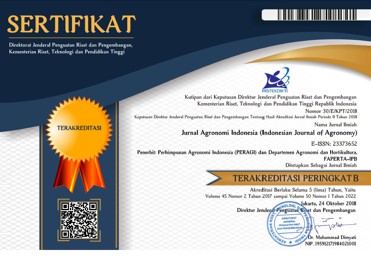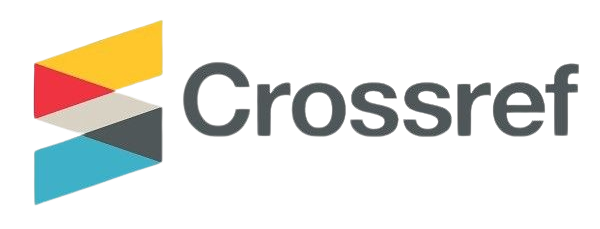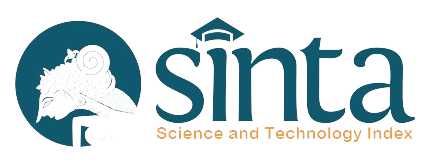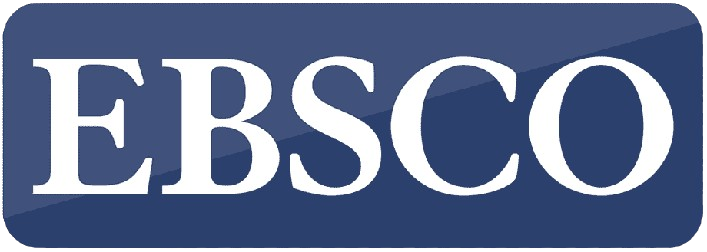Aplikasi Bioaktivator SuperDec dalam Pengomposan Limbah Padat Organik Tebu
Abstract
The development of a suitable technology for handling sugar cane plantation's solid organic waste especially bagasse, filter mud, and trash is one of the most important concerns in the management system of sugar cane plantation. Solid organic waste of sugar cane is potentially suitable as a compost raw material processed by introducing lingocellulosic-degrading microbes, particularly Phanerochaete chrysosporium, Trichoderma pseudokoningii, and Trichoderma sp. The microbes were formulated in a commercial bioactivator product namely SuperDec. The significant results have been obtained on biodegradation of trash composted by using this bioactivator. Compost maturity could be reached in 7-21 days of incubation indicated by the reductions of solid organic waste particle size and C/N ratio. Based on selected production component values of this trial, the production cost of trash-originated compost is Rp. 200,-/kg with nutrient value equivalent to Rp. 260,-/kg. Combined applications of the compost with NPK single or with NPK compound fertilizers yielded higher biomass production i.e. 28.5 and 13.3%, respectively, than that obtained from standard NPK single fertilizer application.
Key words: Sugar cane plantation, solid organic waste, SuperDec, composting technology, C/N ratio, production cost












